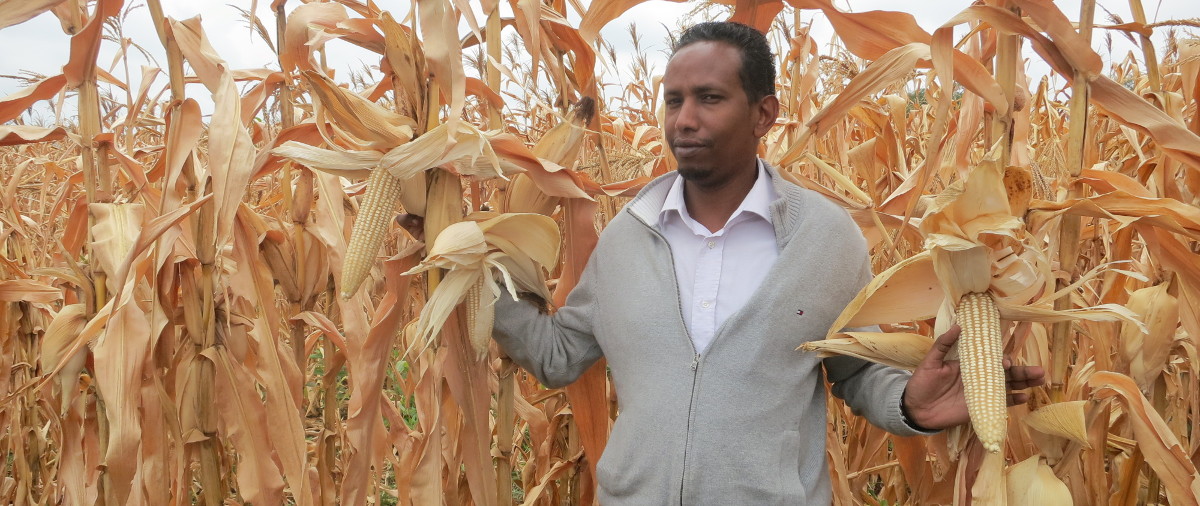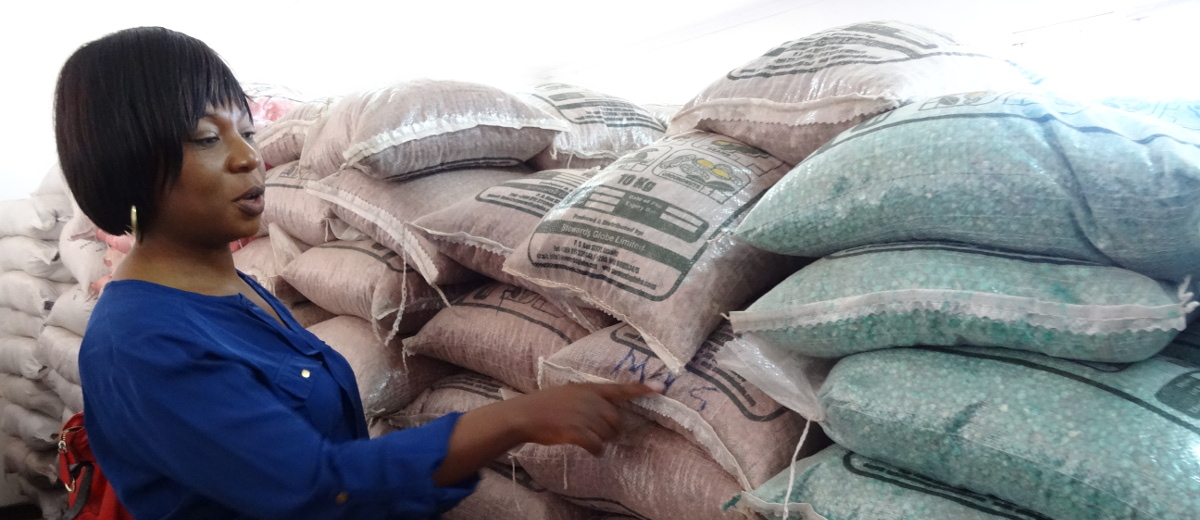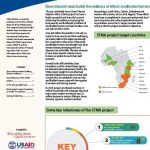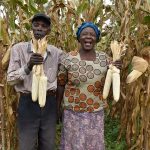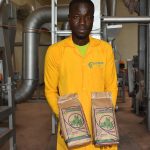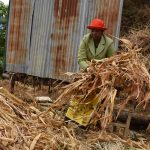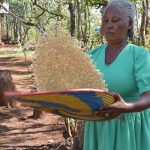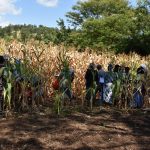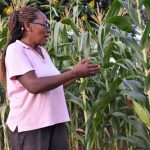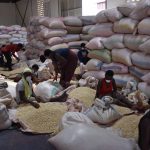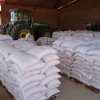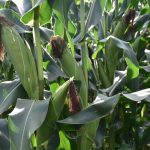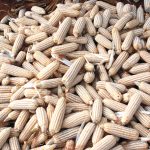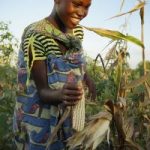Seed Systems
One of the key outcomes of STMA is to increase seed availability and farmer uptake of stress tolerant maize varieties in the target countries. At the end of 2020, the project estimates a production and distribution of more than 54 metric tons of certified seed with support of 60 national seed companies in the 12 countries. An estimated US $100 million of additional funding is required in the next 10 years to scale up multiple stress-tolerant maize and continue developing new varieties that incorporate tolerance to multiple stress factors. Increased investment in research by the national governments is key for sustainable productivity growth in the long run.
The project will work to develop and release varieties with reduced costs as an additional driver for seed companies to increase uptake of STM as an incentive to replace older products with the newer varieties that have a significant performance advantage. The project will at the same time support seed companies establish a sustainable foundation seed supply system.
Even though some countries in SSA region are showing significant signs of productivity gains, slow varietal turnover and low use of modern varieties contribute to the current low adoption of improved maize varieties – only 57 percent of all maize area in sub-Saharan Africa is planted to modern varieties.
STMA will prioritize facilitation of varietal replacement of the obsolete varieties with the new improved stress tolerant varieties to change the current low use of modern varieties and other inputs by smallholders in sub-Saharan Africa. Currently nearly half of total maize area in sub-Saharan Africa is covered by varieties that are 15 years or older. The project is specifically targeting replacing obsolete varieties in Benin, Ethiopia, Ghana, Kenya, Mali, Nigeria, Tanzania and Uganda.

